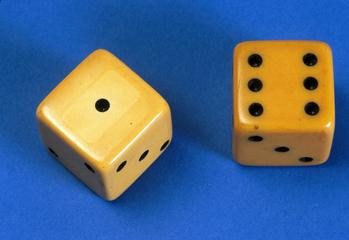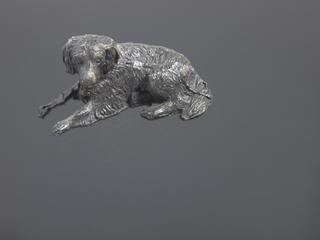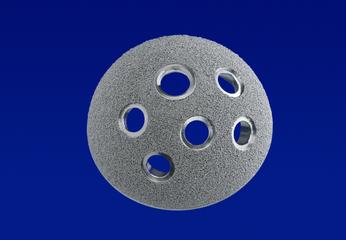
Wood chips, the first stage in the production of Tencel textile, made by Acordis Fibres, 1996.
Tencel is a form of the generic textile lyocell. Lyocell, a type of viscose, is a semi-synthetic cellulose-based fabric derived from wood or bamboo.
These objects represent stages in the production of Tencel, from the raw material, wood chips, to samples of finished fabrics and yarns. Wood chips are processed to produce wood pulp. Solvent is then added to this wood pulp to produce a viscose solution. This solution is then extruded through a spinneret and drawn into long filament fibres. These filaments are cut and gathered to form staple fibre, which in turn is spun into yarn. This yarn is then woven or knitted to produce Tencel fabric. Tencel can be dyed at either the yarn or fabric stage, or can be left undyed.
The manufacturing process of Tencel is very similar to that of lyocell, but there are distinguishing aspects. Firstly, Lenzing (holders of the Tencel trademark, which was formerly held by Acordis Fibres) use only responsibly sourced wood and pulp in the production of Tencel (natural forests or managed plantations, FSC or PEFC certified). Secondly, a specific solvent is used in the production of Tencel, which, along with a closed-loop manufacturing process, allows for a recovery and reuse rate of >99%. The manufacturing process overall has a recycle rate of ~98%, considering solvent and water used. Lyocell and Tencel are recyclable and, due to their being derived from wood products, biodegradable. Therefore, lyocell and particularly Tencel are considered relatively eco-friendly textiles.
Details
- Category:
- Plastics and Modern Materials
- Object Number:
- 2022-1259
- Materials:
- wood (unidentified)
- Measurements:
-
overall: 30 mm x 100 mm x 235 mm, 26.1 g
- type:
- woodchips



